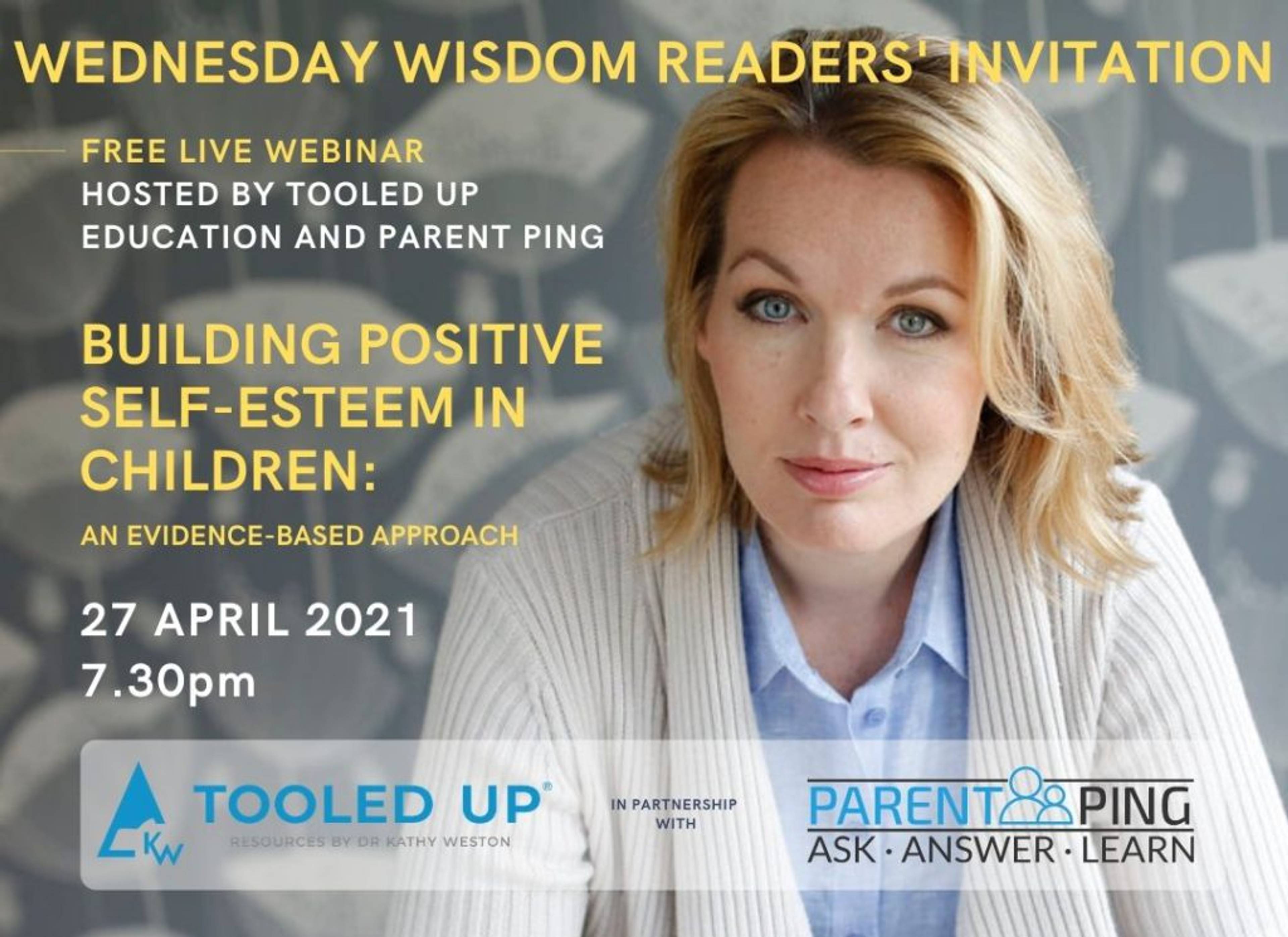April 14, 2021
Green Shoots, Roots & Self-Esteem
By Dr Kathy Weston

Reflect
A bout of being poorly over Easter allowed me some time to rest and reflect. Too tired to do ‘proper work’, I started on a long-standing goal; collating a digital family tree, for the benefit of my children. Self-knowledge and awareness are the primary tenets of self-esteem and when we explore our familial history, it somehow strengthens our sense of personal identity.
Reading accounts of ancestors’ struggles can give us psychological strength too and put our own 21st century problems into perspective. Understanding their stories helps us to appreciate the progress and social mobility achieved through the generations. Such an exercise also focuses the mind on the future. What legacy will we leave behind? How would we like to be remembered? What tales will be recounted or achievements celebrated?
Exploring your family tree with your own children will ignite fascinating chats about a whole raft of things: social history, war, migratory patterns, the nature of poverty and hardship, world geography and culture. It can also prompt conversations about particular family traits, characteristics and occupations. I was struck by how many of my children’s relatives were actors and actresses! There’s a reason why they are called family ‘roots’. Knowledge of who and where we come from can be incredibly grounding and give us a renewed sense of purpose in our own lives.
Spring seems an appropriate time to dig deep and explore connections from the past. This year, spring is coinciding with greater release from lockdown and our children’s return to school for the summer term; the months when hard work culminates, friendships consolidate and opportunities blossom. The weather improves, the trees and flowers burst into colour and the finish-line of summer beckons.
Motivate
If I am sounding ever so slightly philosophical, that’s because I have been hanging out with Peter Worley, founder of The Philosophy Foundation. Before I spoke to Peter, I had considered philosophy a subject too complex to easily integrate into family life. But I soon realised how erroneous that view was. As Peter said to me, philosophy is quite simply “the consideration of almost anything at all, as long as it is put under critical examination”.
The world needs critical thinkers, and, as parents, we play a key role in shaping the nature and quality of conversations in our homes and in cultivating our children’s curiosity. To unlock philosophical thinking, all we need is an appetite for asking great questions, the time to listen and the ability not to jump in with what we think are the answers.
Asking children open questions can lead to what is called “higher-order thinking”, where they are encouraged to think deeply, ponder and even get stuck. Philosophical thinking is nuanced; it allows children to begin to enjoy the not knowing. Black and white thinking can seem attractive in a complex world, but it is not ideal.
Questioning not only hones children’s intellectual skills, it can boost their self-esteem too; it’s deeply validating to be asked your opinion. Listening to what others think and considering alternative perspectives can also lead to greater empathy and understanding. Teachers are adept at extending children’s thinking, but there is something uniquely special about having conversations about “anything at all” within the safe space of family life.
Support
In the simplest sense, try to pay attention to your children’s thinking. When they express a view, rather than immediately challenging it, ask them to tell you more. Your aim is to get your child to think more deeply about their own thoughts, beliefs and understanding. Park your own views and present a range of different perspectives for them to consider.
Don’t be afraid if they reach a point of impasse, feel confused or unsure. Philosophers place a high value on this state of uncertainty and refer to it as ‘aporic thinking’, stemming from the Ancient Greek word, Aporia (απορια), meaning without a path – ‘poros’ (πορος) meaning path or way forward, and ‘a’ (α) without. It is a feeling of perplexity, traditionally experienced through doing philosophy. However, it is also a useful term for capturing the varied emotions and experiences that children may go through in their learning.
In addition to confusion and perplexity, these might include uncertainty, frustration, ambiguity, ambivalence, boredom and/or being in error. These are feelings that are often overlooked or considered to be negative. However, philosophy teaches us that they are actually essential parts of the journey to insight and understanding. We want our children to move from a state of aporia (not sure) to one of eureka (I’ve found it!) and, as parents, we play an important role in facilitating this process.
Are you a Tooled Up member?
Parents across our ‘Tooled Up’ school community will be delighted to know that we have collaborated with The Philosophy Foundation to create resources that you can use as springboards for greater philosophical thinking at home. Understand more about the benefits of such thinking in our podcast with Peter Worley (or read the quick notes that accompany it). Find out how to ask effective questions and then discover more about harnessing the learning potential that comes with the state of ‘aporia’ with our top tips. You could also check out our list of books that can encourage philosophical thinking.
On a slightly different note, make sure that you download the Wellbeing Journal we have created for tweens and teens (designed to be used over a period of 14 days), and if you fancy tuning in to learn more about building children’s self-esteem, you are cordially invited to a webinar on April 27th at 7.30pm, that we are co-hosting with the survey app, Parent Ping.
